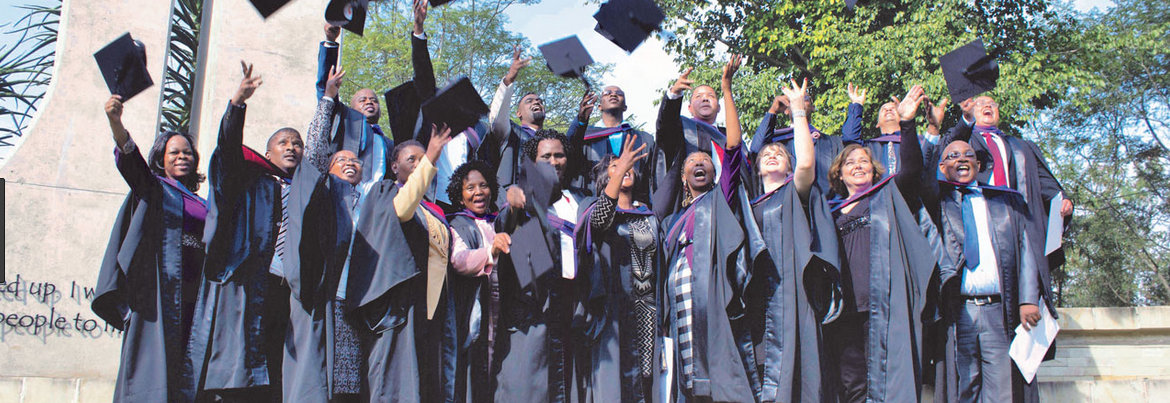Preparing for South Africa
/I am aware that my announcement on Sunday came as a big surprise to y’all. I was not planning on leaving Kessler Park UMC anytime soon; Leah and I were perfectly happy as members of the church family.
Graduates of Seth Mokitimi Methodist Seminary celebrate in the school courtyard.
What happened was a shock to us as well. I received an email on January 9th from the General Board of Global Ministries saying they had identified a “potential missionary appointment that may be a match for your skills.” When I spoke to a staff person a few days later, they told me about the position at Seth Mokitimi Methodist Seminary.
Primarily, I will be a Lecturer in Theology with some additional responsibilities, including mentoring students who are struggling academically and providing guidance in the Distance Learning Program.
I still have lots of questions about this job; I hope to get some answers soon, including and especially, what kind of housing will be provided for me and Leah.
This is a three-year appointment, at the end of which Leah and I will be expected to travel around the US for three months, reporting back to partner churches and trying to create new partner relationships.
I also need to let you know that I am required to attend Missionary Orientation in Atlanta for three weeks, beginning April 24. I will be back on May 9 to attend Chloe’s graduation and lead worship on May 12, then return to Atlanta through May 15.
At this point, it looks as if my last Sunday at KPUMC will be June 30th. We don’t have our tickets to South Africa yet, so I don’t know exactly when we’ll be leaving the country, but I promise you this: Leah and I plan to savor every moment we have with each and every one of you until that time.
A Note from SPRC
The Staff-Parish Relations Committee (SPRC) met with the District Superintendent, Debra Hobbs Mason, this past Monday, March 25th to begin the conversation regarding Kessler Park's next pastor. SPRC shared information with her about our congregation and surrounding neighborhood; our priorities and preferences for inclusivity, service/outreach, and worship style; and characteristics that we would like to see in the pastor who will shepherd KPUMC through its next season. Our feedback was informed by our and our families' personal experiences at KPUMC as well as feedback provided by several staff members and members of the congregation. SPRC welcomes additional reflection from staff and the congregation, so please don't hesitate to connect with a member of SPRC or chair Ashley Flores (ashbryanflores@gmail.com) to share your insight.
Debra's next step will be to discuss what she learned during the SPRC meeting with the Bishop and Cabinet so that they might collectively consider who might be a good fit for KPUMC. She expects to have an update by mid-April, and SPRC will continue to keep you informed as things progress.



